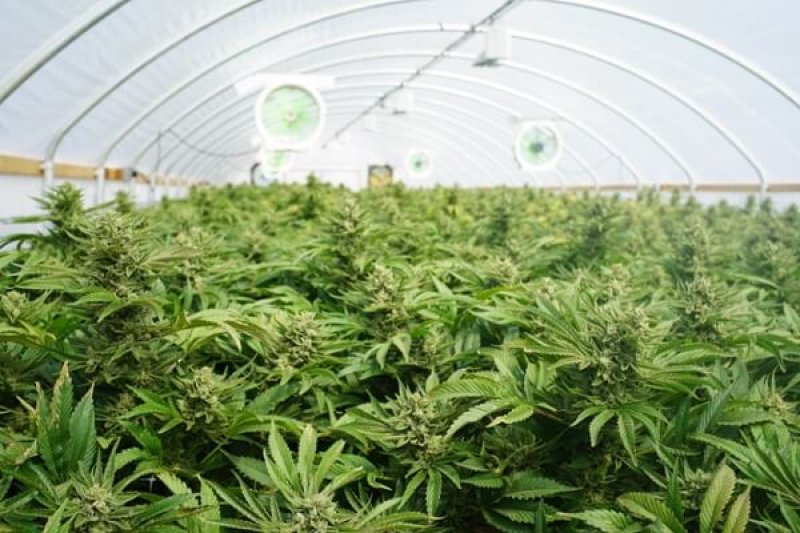Nearly five years ago, a team of researchers performing a study on medical cannabis came to a startling conclusion: The 13 states that had legalized medical marijuana had a 25 percent lower rate of opioid mortality than those that hadn’t.
…
If more people used the less addictive and less harmful pot instead of opioids, the thinking went, deaths might abate.
But a new paper, published [June 10] in the Proceedings of the National Academy of Sciences, throws cold water on that dream. A new set of researchers replicated part of the 2014 study’s findings: That is, from 1999 to 2010, it’s true that the introduction of medical-marijuana laws was associated with a decline in opioid-overdose deaths. But when the researchers included states that introduced laws between 2010 and 2017, the direction of the relationship reversed. Instead of a reduction in opioid overdoses, medical marijuana was associated with a 23 percent increase in overdose deaths.
…
“I think the reason the association is changing is that it’s not causal,” [researcher Chelsea Shover] says. “It would be wonderful if it was true that passing a medical-cannabis law could prevent deaths from opioid overdose, but the evidence doesn’t seem to support that.”
Read full, original post: The Misplaced Optimism in Legal Pot































